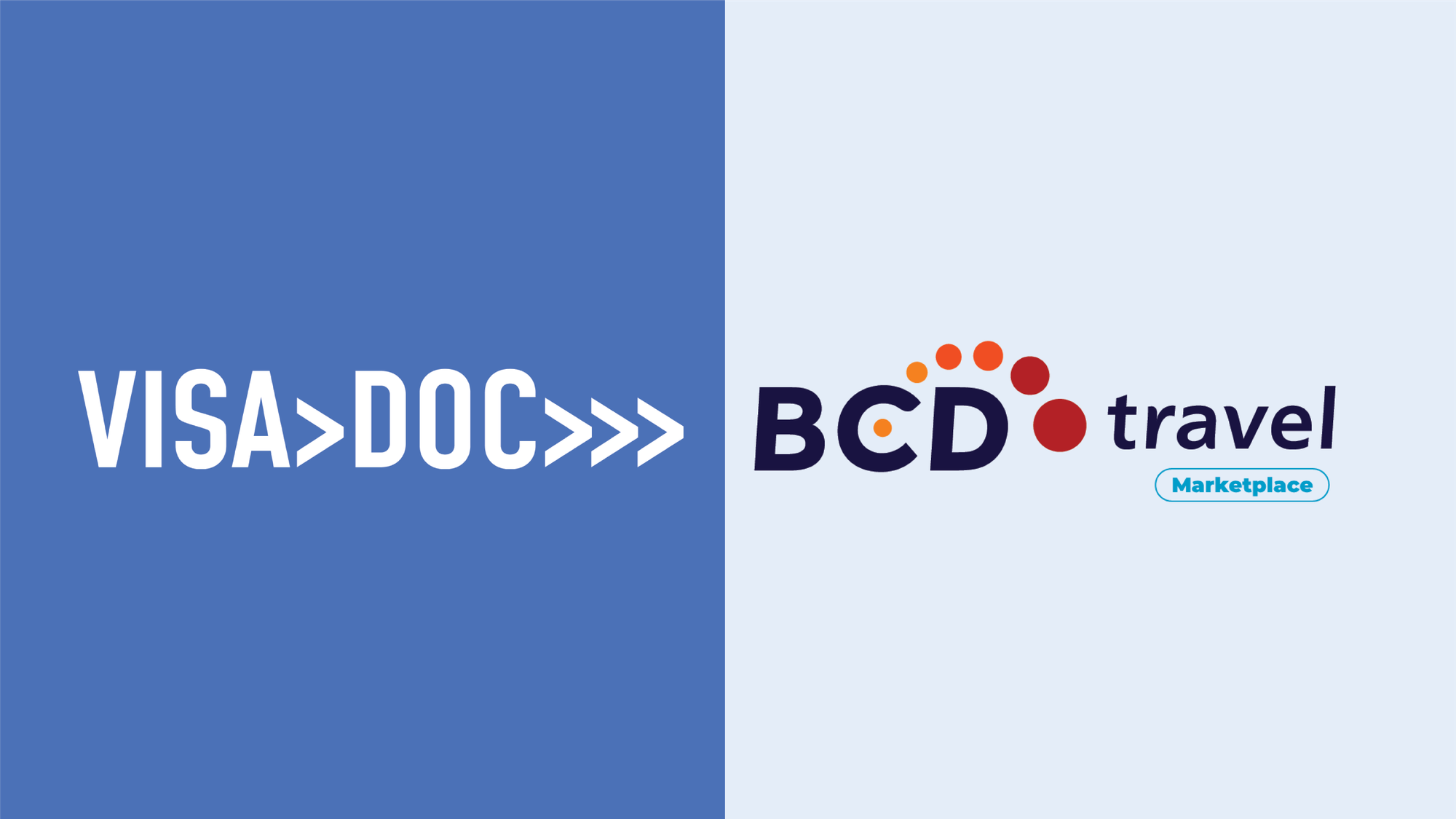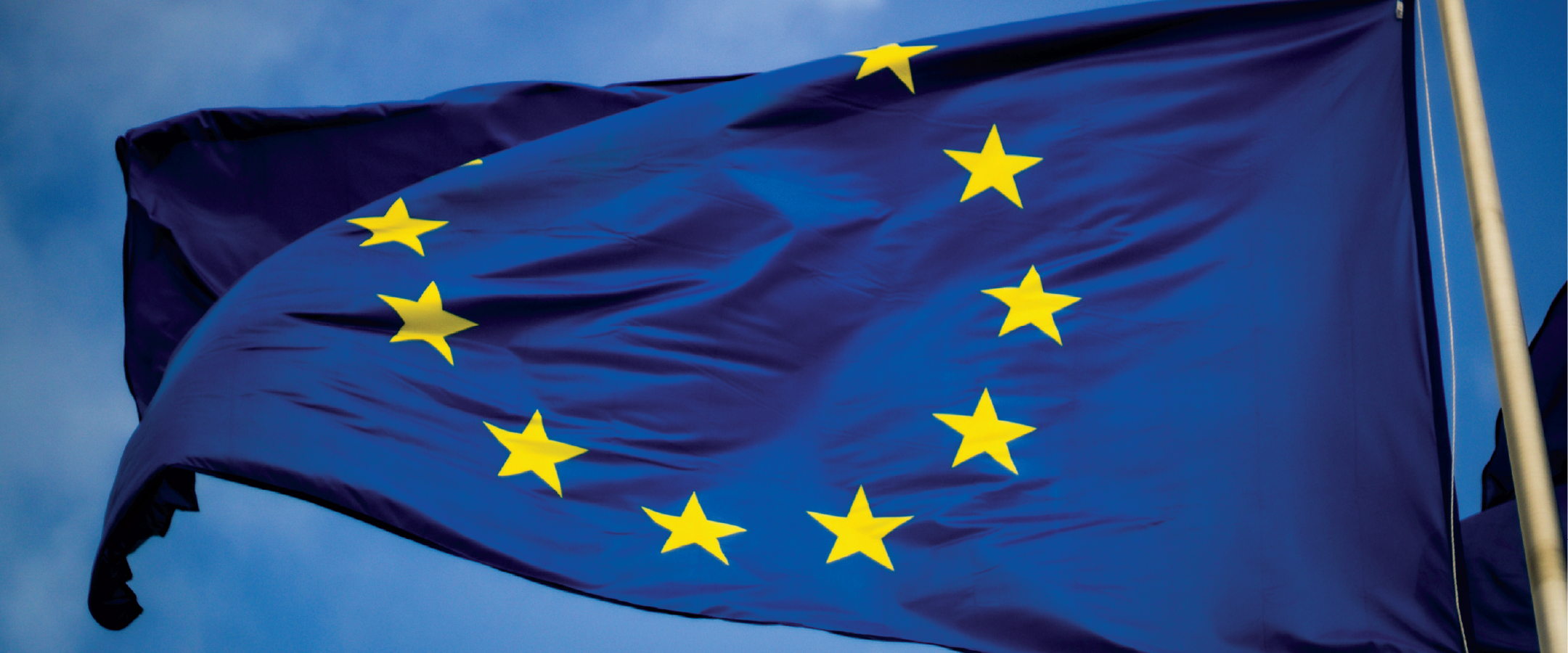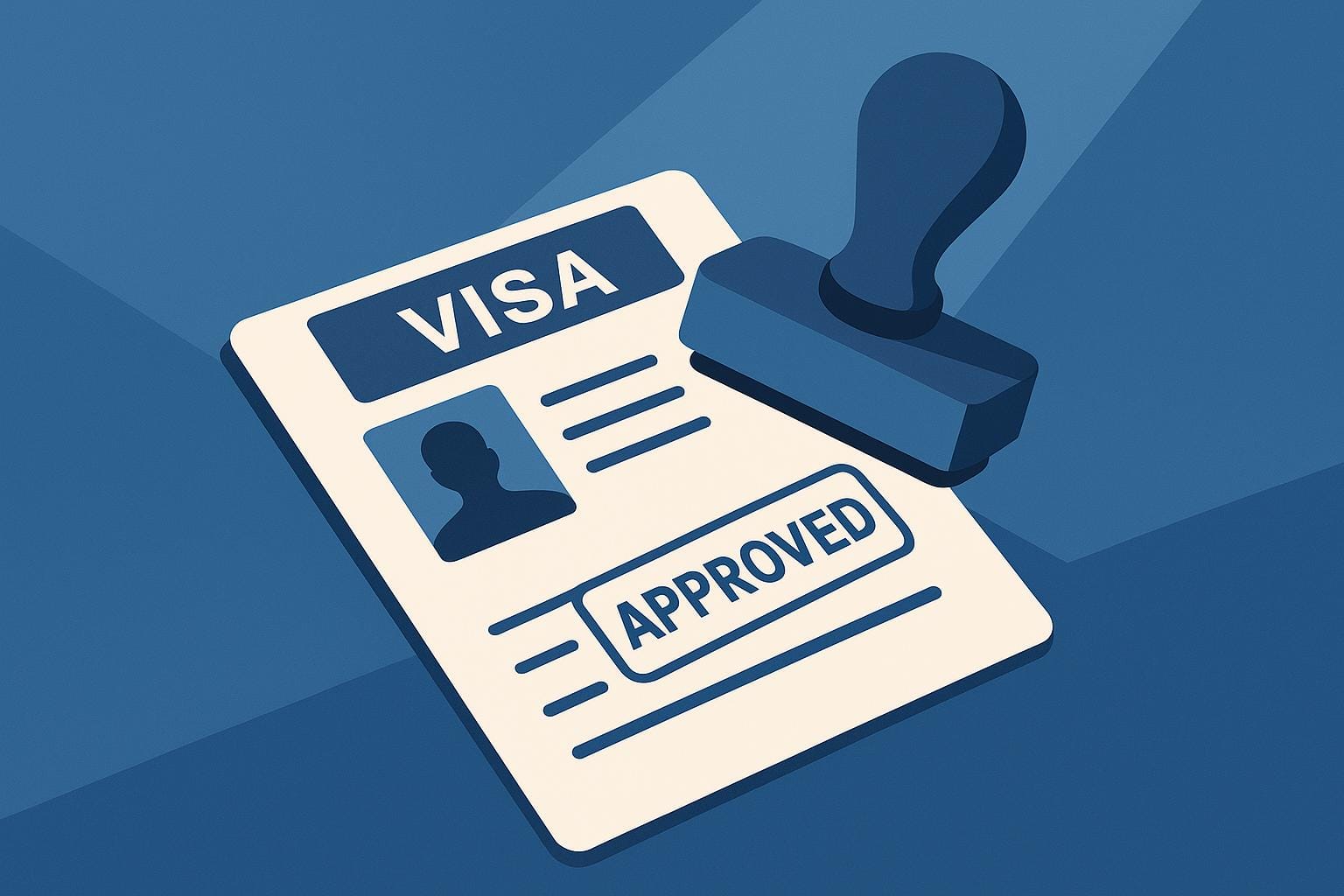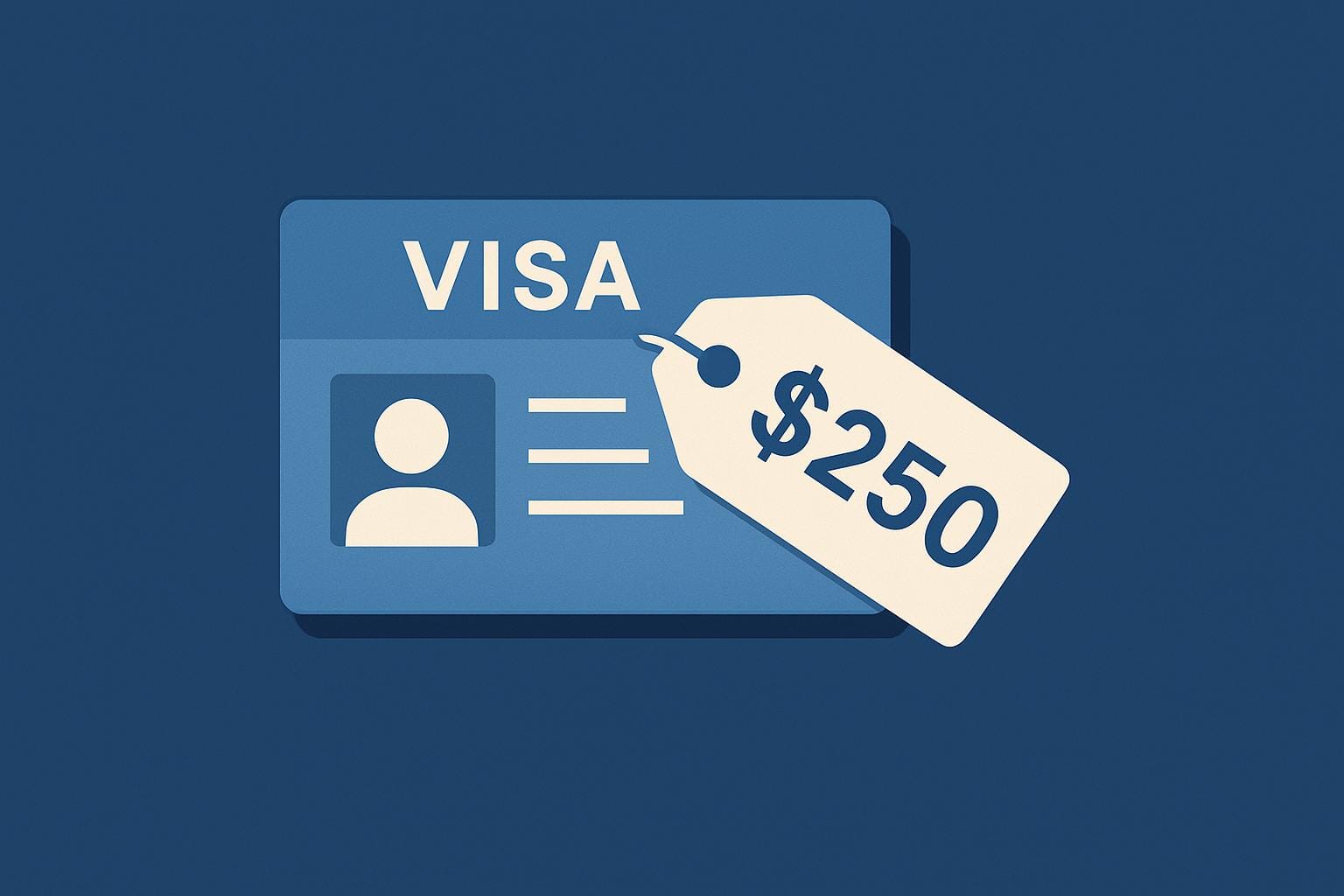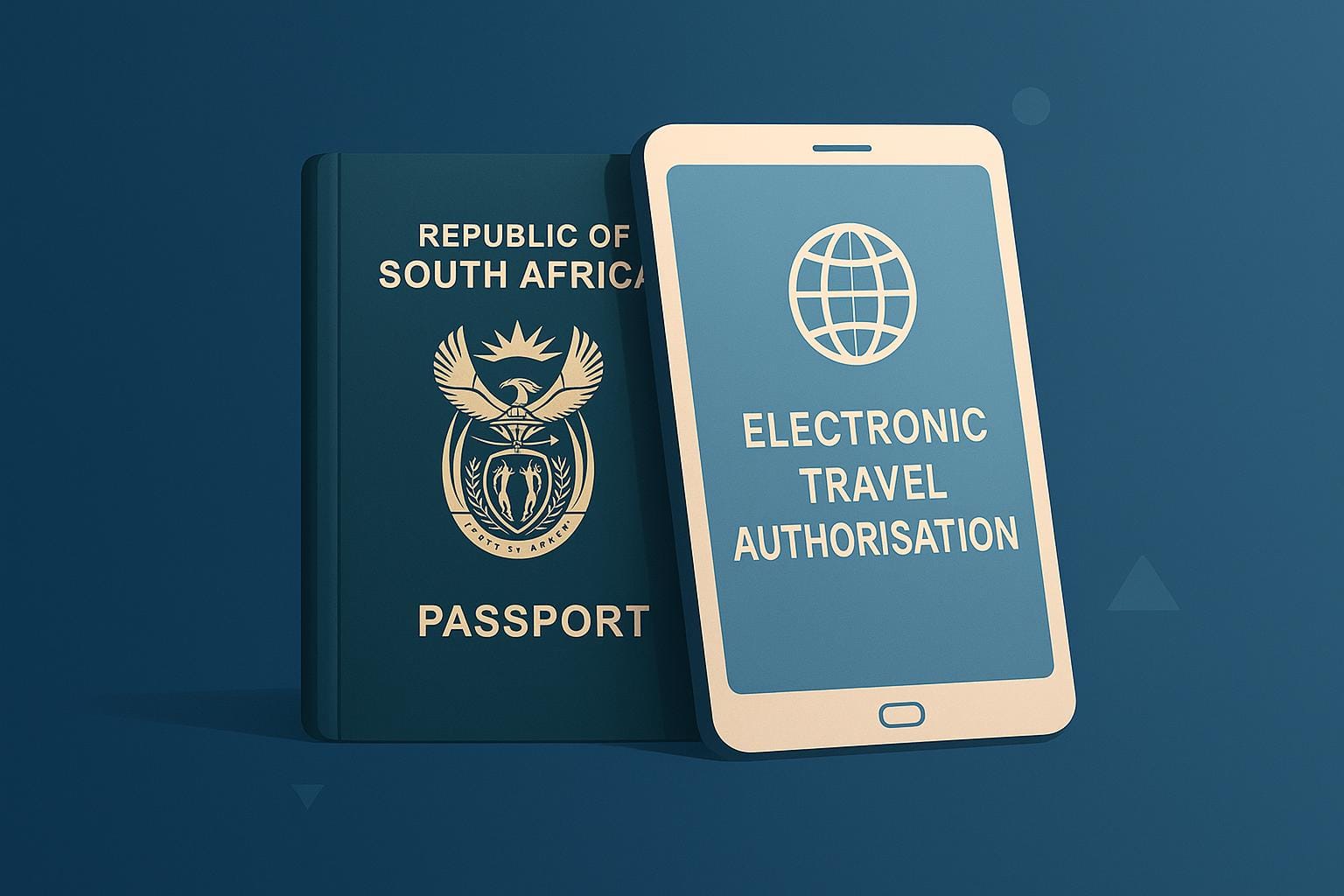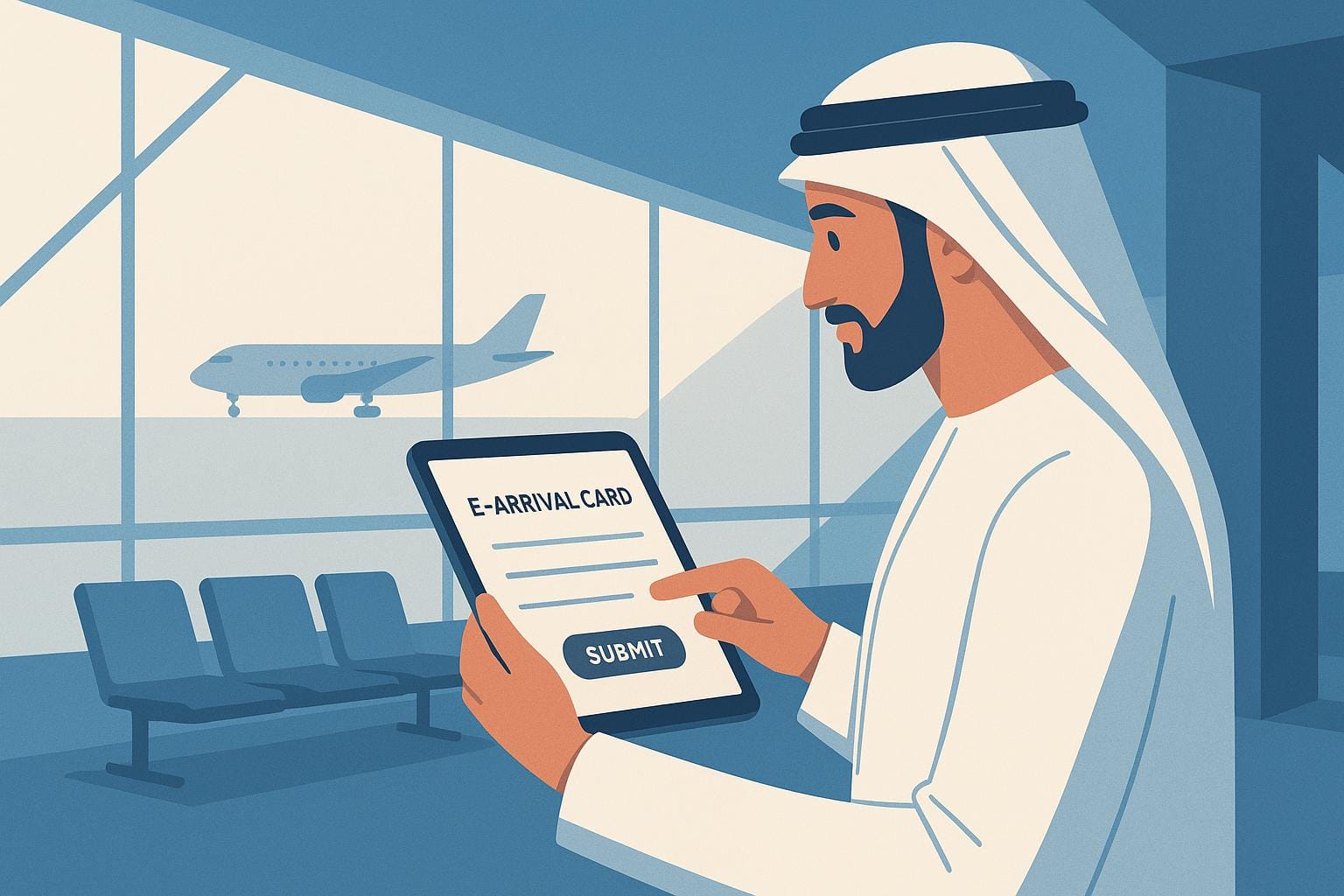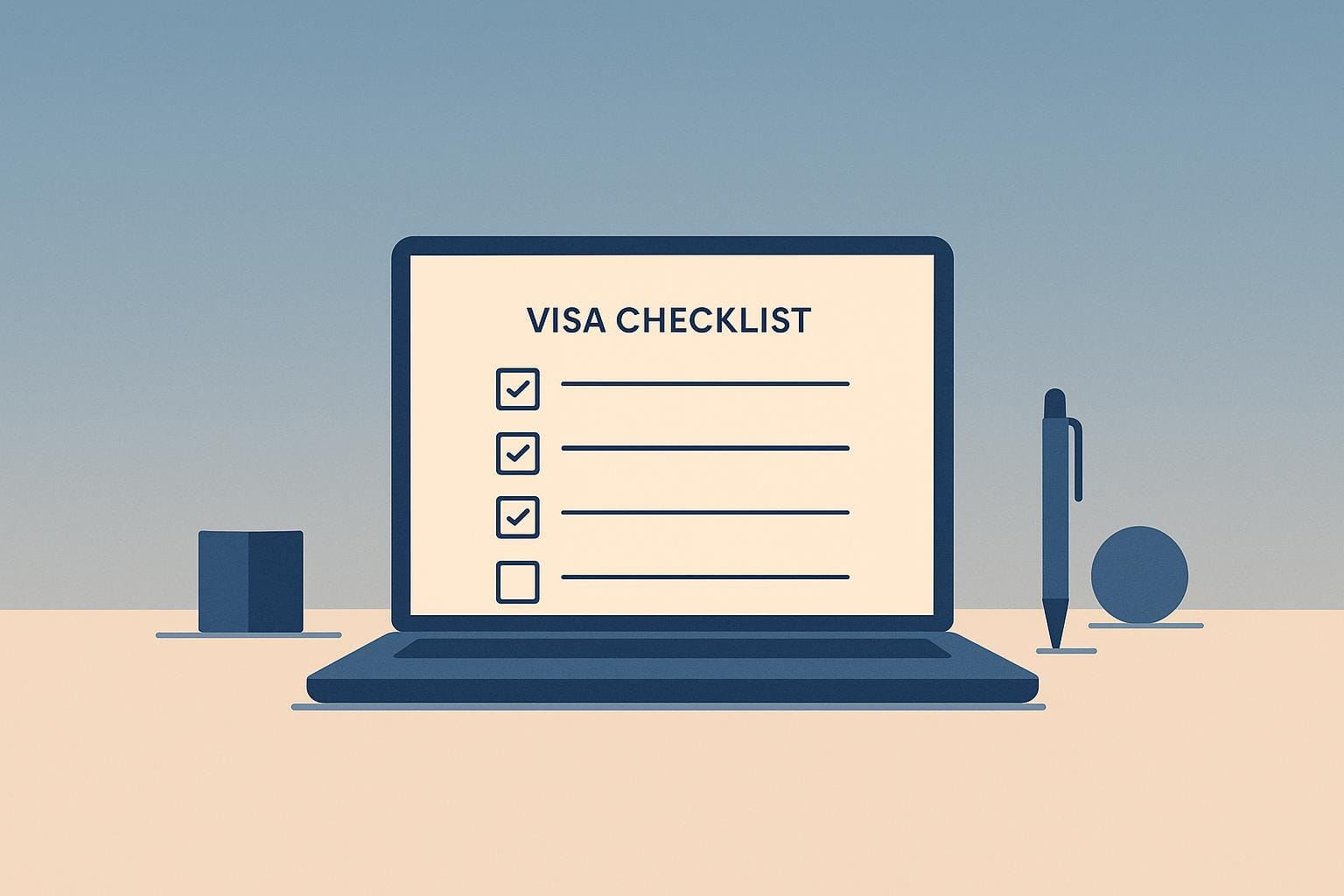- Data breaches are costly: The average global data breach cost reached £3.9 million in 2024.
- Sensitive information at risk: Visa applications require personal data like passports, financial records, and medical documents, making them a target for breaches.
- Legal consequences: Failing to comply with UK GDPR and the Data Protection Act 2018 can result in massive fines and lawsuits.
- Automation reduces errors: Automated systems improve security by enhancing document verification and fraud detection.
Key Tips for Businesses:
- Encrypt sensitive data during storage and transfer.
- Use secure platforms for document sharing.
- Train employees on phishing and secure handling of personal data.
- Implement role-based access controls with audit logs.
- Regularly review and update data protection practices.
By prioritising these measures, businesses can safeguard sensitive data, comply with regulations, and maintain trust.
Key Security and Privacy Risks in Visa Processing
Personal Data Required for Visas
Applying for a business visa involves handing over a range of sensitive personal records. These include:
- Passports and previous visa stamps (e.g., DS-160 confirmation forms)
- Photographs, marriage or birth certificates, and medical documents
- Proof of financial stability and employment-related paperwork
Handling such data in high-volume processes increases the risk of mishandling or exposure.
Security Gaps in Visa Processing
Flaws in document management systems and weak access controls leave personal data vulnerable to theft or misuse. With visa officers often spending less than two minutes per applicant, the chances of errors or oversights grow significantly.
Impact of Data Breaches
Data breaches can lead to severe consequences, including steep fines, legal actions, and damage to reputation. For instance, 70% of companies have faced lawsuits over breaches in the past five years. The financial hit is substantial too, with the average cost of a breach in the UK reaching £3.9 million. These figures highlight the urgent need for stronger safeguards.
Next, we'll look at the laws and compliance frameworks that apply to these data types.
Data Privacy Laws and Requirements
Visa-Related Privacy Laws
Since Brexit, visa-related personal data in the UK is regulated by the UK GDPR and the Data Protection Act 2018 (DPA 2018). The UK GDPR also applies to organisations outside the UK if they process personal data of individuals in the UK, whether offering services or monitoring behaviour.
These regulations address key areas such as UK GDPR principles, exemptions under the DPA 2018, the Law Enforcement Directive (Part 3 of the DPA), and national security processing (Part 4 of the DPA).
The Information Commissioner's Office (ICO) oversees compliance and has the authority to issue fines and prosecute offences under Parts 5 and 6 of the DPA. Keep an eye on legislative developments, including the Data (Use and Access) Bill expected in October 2024.
Building a Compliance System
Creating a compliance system involves several steps:
- Conduct data audits to identify categories of data, storage locations, access permissions, retention periods, and transfer processes.
- Update privacy notices and maintain detailed records of processing activities.
- Establish breach-response procedures, staff training programmes, access controls, retention schedules, and secure data disposal methods.
To strengthen security, adopt a layered approach:
- Use physical safeguards and encryption combined with multi-factor authentication and audit trails.
- Develop formal policies and provide regular training.
- Automate retention tracking and ensure secure disposal of data when no longer required.
Maintaining compliance is an ongoing process that requires regular reviews and updates.
Next, we'll look at how to protect data during visa application processes.
Data Protection Methods for Visa Applications
Once your compliance framework is in place, implement these practical data protection measures throughout the visa application process.
Document Sharing and Access Rules
Protect against Business Email Compromise phishing scams - which have cost 150 Microsoft 365 users £15 million - by setting up strict document-sharing rules. Use a dedicated immigration email address monitored by multiple team members to detect potential fraud. Store all files on secure, compliance-certified platforms instead of personal cloud accounts.
Additionally, safeguard stored data by using centralised encryption and controlled access systems.
Data Security and Storage Rules
Ensure all visa-related documents are encrypted both at rest and during transit. Implement role-based access controls, complete with audit logs and automatic permission expiry, to limit access to sensitive files.
Employee Security Training
Provide tailored training for employees on phishing, secure document handling, and incident reporting whenever they transition to new roles.
Key training topics include:
- Identifying phishing attempts and social engineering tactics
- Properly handling sensitive documents
- Complying with UK GDPR and DPA 2018 regulations
- Reporting incidents without delay
- Engaging in regular simulation exercises and case-study discussions
Once your sharing, storage, and training protocols are solid, you can look into the security advantages of automation.
Automated Visa Processing Security
Automation enhances visa application security by introducing standardised checks that build on traditional manual processes.
How Automation Strengthens Security
Automated systems go beyond simple document scans, reducing human error and introducing consistent verification processes. Here’s how automation boosts security:
- Layered verification: Incorporates checks like MRZ (Machine-Readable Zone), data validation, and text-pattern analysis.
- Uniform authentication: Ensures every application meets the same rigorous standards.
- Real-time checks: Instantly cross-references information with authorised databases.
VisaDoc Security Features
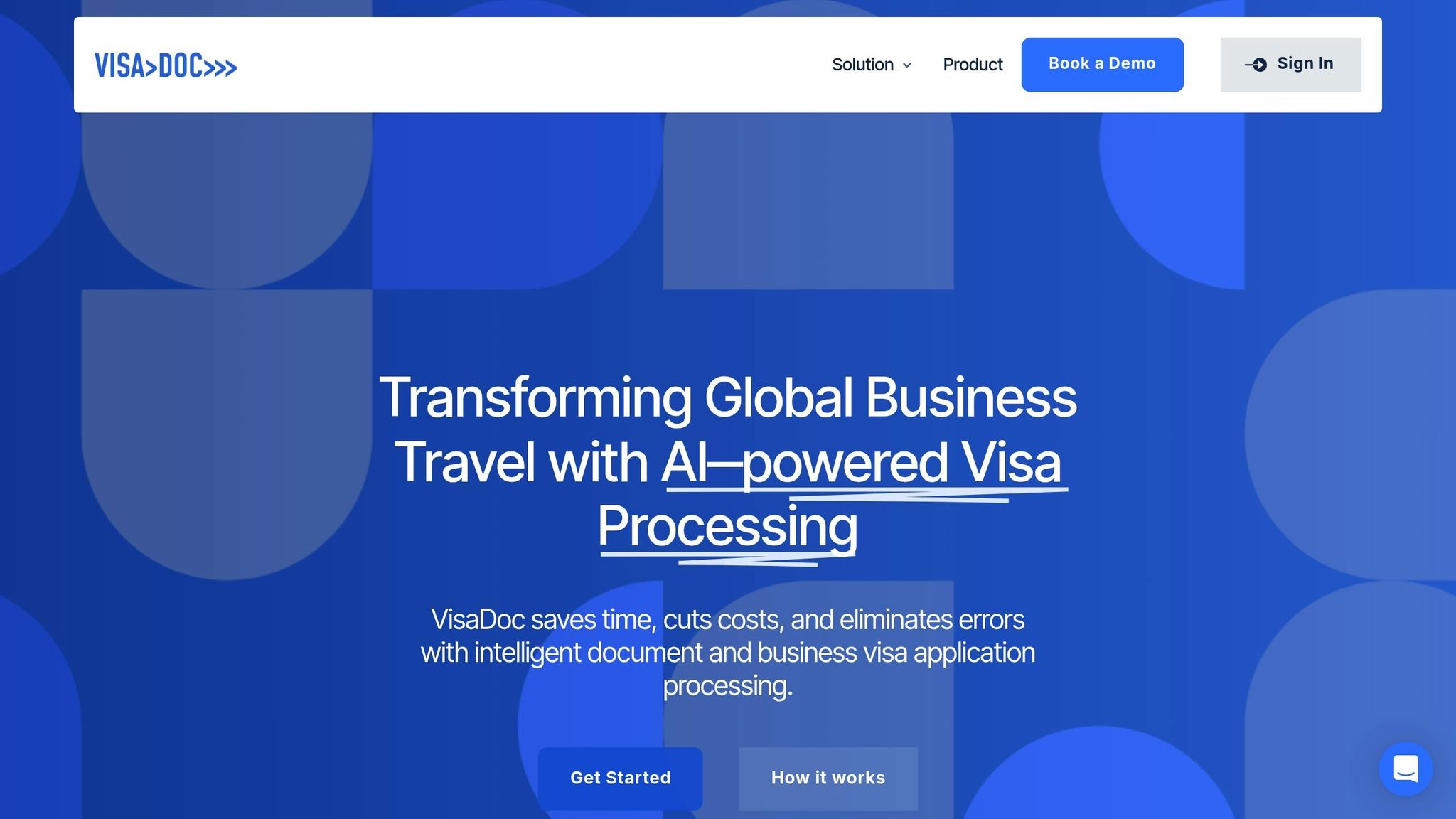
VisaDoc offers tools designed to enhance security, including:
- AI-powered document verification: Uses advanced recognition technology.
- Instant compliance alerts: Notifies users of potential issues in real time.
- Secure API integrations: Links seamlessly to HR and travel systems for added security.
Comparing Manual and Automated Processing
Here’s how manual and automated visa processing differ:
- Document checks: Manual processing depends on staff expertise, while automation leverages over 500 visa templates for accuracy.
- Processing time: Manual reviews vary based on staff availability; automation delivers results instantly.
- Fraud detection: Manual checks rely on visual inspection, whereas automation can identify subtle alterations and tampering.
Remote visa verification often faces risks like counterfeiting. Automated systems provide consistent, tech-driven validation to detect forgeries in stickers and PDF documents.
Conclusion
As global data regulations become stricter, businesses need to implement strong security measures to safeguard employee data, maintain trust, and make visa processing more efficient. Achieving this requires secure IT systems, automated processes, and multiple layers of verification. Striking this balance ensures both smooth operations and high standards of data protection.
VisaDoc plays a key role by automating compliance checks and document verification, helping to minimise errors and reduce risks.
To ensure these safeguards are in place, focus on the following:
- Conduct regular security audits and monitoring
- Update and maintain secure IT systems
- Adhere strictly to global and UK data protection laws




